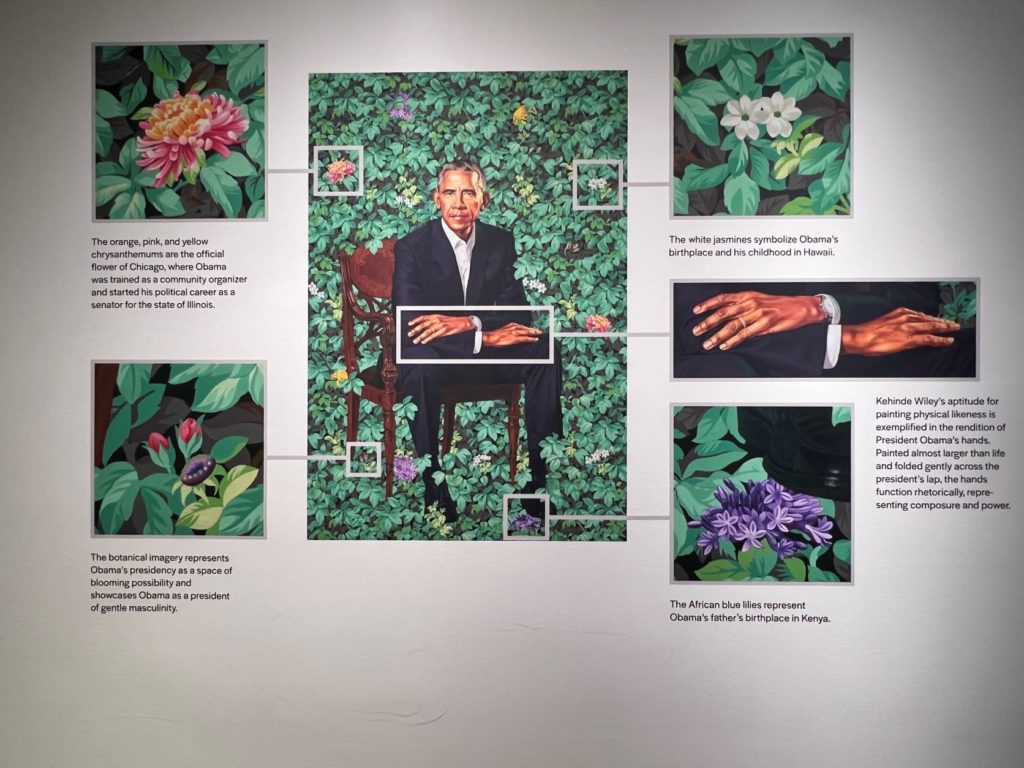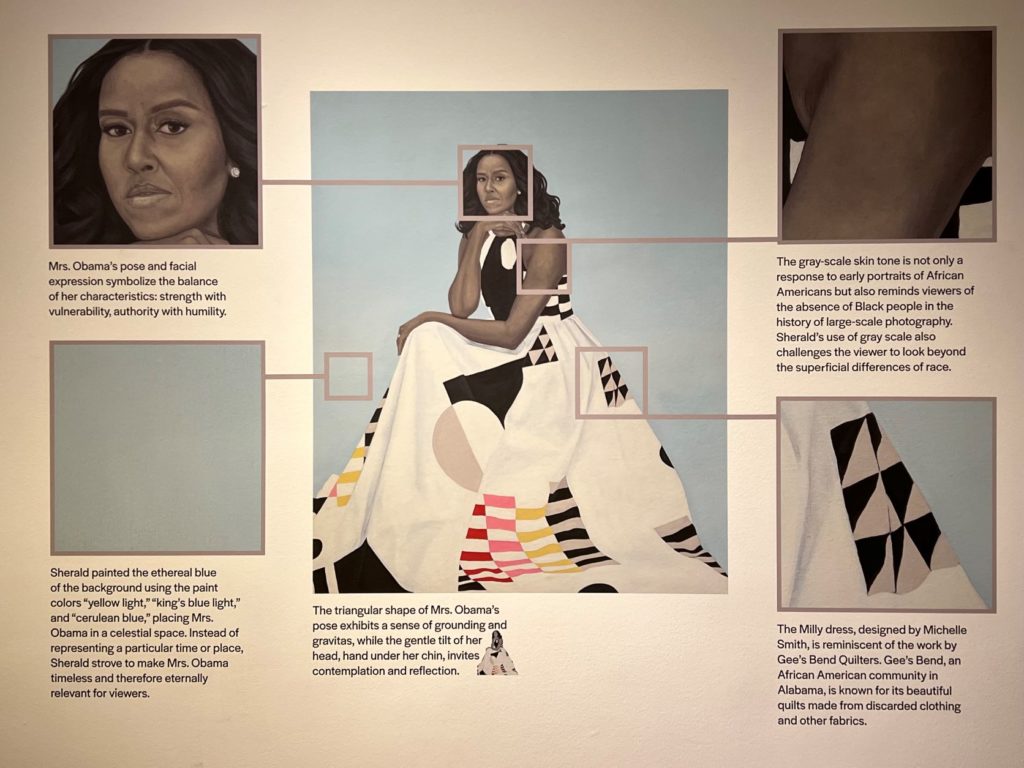The I.M.P.A.C.T. Email
(Interesting, Motivating, Picture, Action, Context, Thought)
This is a fun email for Friday February 11th, 2022. Hope you like it🙂
Interesting:
New debates are taking place about fair compensation in the international development and humanitarian sector.
In a popular Facebook group for humanitarian professionals, an interesting discussion took place when someone suggested that international salaries should be lowered.
Their question was: “Why do international staff receive exaggerated salaries when they can make a decent living with 2,600 Euros net a month?” This is equal to the average annual wage in Germany, after taxes.
Last I checked, there were 118 comments back and forth among many people in the group.
One side argues that foreigners, no matter where they come from, have to pay double costs: at their duty station (which is almost always temporary), and back home. And often, the cost of getting the level of education needed for an international posting can be as much as hundreds of thousands of dollars, which needs to be compensated for when entering the job market.
Another side views the often big differences in “international” vs “national” salaries as a neocolonial legacy and a sign of global inequality visible in global development jobs themselves.
A point where most people agree, I think, is that salaries should be in line with the nature of responsibilities, and that the bottom line idea is that “national” or “local” staff do a lot of the same work as international staff – but make a fraction of their salaries.
For my part, a point I believe missing from the debate is that compensation and benefits are used to attract high-quality staff that may otherwise enter entirely different job sectors, regardless where they come from. In development, we still need to find a way for the best minds in the world to bring and develop their ideas.
What do you think?
Motivating:
For years, I stayed away from spending too much time on Twitter.
I found it a place where so much information was interesting, new and insightful — that it distracted me from reading the boring UN reports and studies I was supposed to be.
This year, though, I’ve been really motivated to see how many really really good things are shared, discussed, and debated.
For instance, Rachel Glennerster, a development economist and big proponent behind using RCTs in international development shared her course syllabus and slides earlier this week.
Syllabus & slides for my course on Practicalities of Running RCTs up on my RunningREs website. Based on my book with Kudzai but updated for PhDs doing RCTs for their thesis & masters students. Power, IRBs, measurement, partners etc. Use course tab https://t.co/aak7uSJxAD
— Rachel Glennerster (@rglenner) February 7, 2022
Earlier this year, Glennerster also had one of the best summaries of development thought you could hope to see:
While at DFID I would provide new Sec of State an “Introduction to Development”. By touching on evolution of diff approaches to development I sought to explain the need for diff parts of DFID & inoculate against claims of simple fixes. Thread 1/n
— Rachel Glennerster (@rglenner) January 3, 2022
Picture:
Last weekend, the Obama Portraits Tour arrived at the High Museum of Art in Atlanta.
These are the official portraits President Barack Obama and First Lady Michelle Obama commissioned towards the end of the Obama administration.


The exhibition as just as much about the artists who completed the work, and their contributions to art made through the portraits.
Each image and dimension of the portraits had clear symbolism intended by the artists.


Fascinating stuff.
Action:
I was applying to a job with UNDP earlier this week.
As I went through the application steps, there were several technical questions that completely took me for surprise.

Typically, that’s the type of question asked during a written test.
A written test or exam is usually administered to create a final short list of candidates to interview—AFTER the initial screening of applications is made.
So when highly technical questions come up during the application process itself, I wonder if it suggests a new pattern.
To my mind, this type of technical question is being used to immediately eliminate job applicants.
You see, a staff position or even a consulting position can receive more than 1,000 applications.
In my experience, there is often just ONE single person reviewing ALL of those applications to select the long list of candidates to interview. After this long list is made, then other colleagues are brought in to discuss the short-list to actually interview.
So a technical question like this might be a new way of making sure someone is REALLY and truly serious about getting THIS particular job (rather than just applying to any and all jobs out there, which really happens a lot).
Plus, answering that kind of technical question for a senior assignment really emphasizes how you need to be a world-class expert in these issues—you need to know your stuff to pass the screening.
Context:
When you work inside large impact organizations such as the United Nations agencies, funds and programmes, you are bombarded with information about the latest developments in the sector. You may even be in charge of coordinating events, like on the SDGs, Committee on the Status of Women, or many many others that take place every year.
Often there’s so much information, you don’t have time to catch up with everything AND do your job.
But on the outside, you don’t have as much access to all the events, people and ideas that get shared.
So you have to pay extra time and energy to stay in the know.
As part of my efforts to follow the latest, this week I attended from home two free events:
- Are Countries Building Back Better? An event hosted at the London School of Economics, including a range of interesting development thinkers.
- A Center for Global Development event on How to Achieve Inclusive Growth
Both shared a lot of the cutting-edge, recent ideas on inequality, poverty and strategies to address these.
How do you keep abreast of the latest debates and ideas in global development?
Thought:
In 2020, the sum total of official development assistance was north of USD 161.2 billion—an all-time high.
This was up 3.5% in real terms from 2019, higher mainly because of additional spending to help developing countries manage the COVID-19 crisis.
Global GDP by the end of 2020 was around USD 88 trillion.
That makes total aid just about 0.18% of the entire global economy.
There is enough to go around to make sure staff – no matter where they are from – are equitably paid, and to fund programs needed around the world.
That’s all this week. I hope you have a great weekend!
Chris – ImpactGrowthLab.com